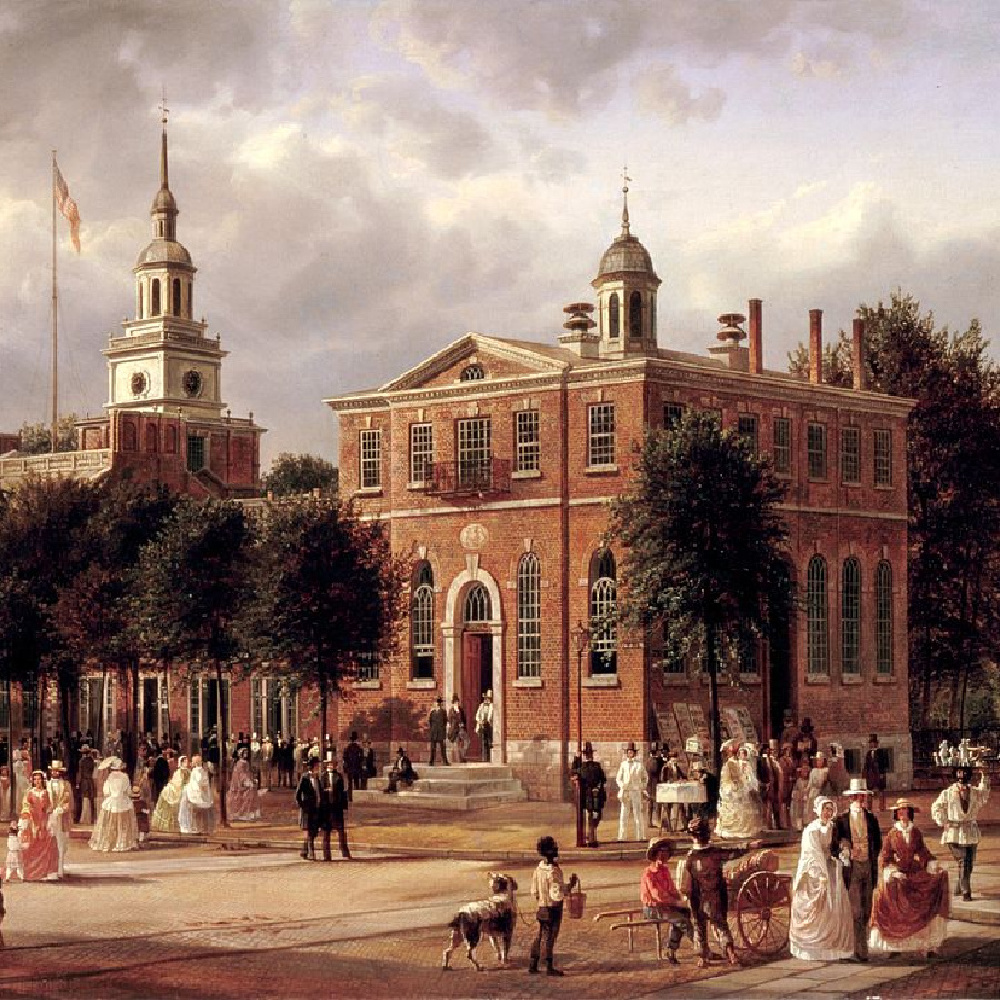As one psychiatrist, Curt Thompson, puts it, emotions are “not opinions to be countered,” rather they are “true experiences that require attention.” This is because human experience is emotional experience, and emotional experience is human experience. Emotions are one of the critical ways in which our brain organizes, understands, and anticipates the world around us. Thus, as a close therapist friend is fond of saying, emotions are neither good nor bad, they are simply information and no different than things like touch and taste. Emotions just are.
We in The Church of Jesus Christ of Latter-day Saints believe in a God whose eternal life includes and incorporates the full spectrum of emotions—the theological language here is that we believe in a God that is passible (“capable of feeling or suffering”). Because of that, coming to know and become like God for us means that we must seek to also learn to include and incorporate the full spectrum of emotional experiences into our continued theosis.
In modern Christian culture generally and Latter-day Saint culture specifically, however, there is a tendency to assign moral value to specific emotions—particularly when it comes to acts of religious practice. Feelings of gratitude, praise, peace, happiness, thanksgiving, and contentedness, for instance, are associated with “righteousness” and are “good for worship,” whereas feelings of anxiousness, tenseness, anger, sadness, and despair are often associated with “unrighteousness” and are “inappropriate for worship.” Laying aside the many potential reasons for how we got here, the functional result of taking this approach to emotion is a crippling of our personal progression. After all, if we only see a part of our emotional experiences as “fitting “ for our religious practice, that makes it hard to be whole in our relationship with God. Said another way, when aspects of our emotional lives are seen as inappropriate for our religious practice, we limit our ability to engage in a full and truly open relationship with God and with each other. That cultural constraint is potentially damaging to us all. We inadvertently close ourselves off to the reality that all emotional states can be a place of worship.
The Book of Psalms (or Psalter) explores worship from all its different emotional angles. Rather than God-talk that is closed to anything but praise, the Psalter opens the door for worship language that encompasses the entirety of the human experience. So yes, at times, the psalmist is a voice of praise, but at other times the psalmist’s voice is one of lament. At times the psalmist sings songs of thanksgiving, and at other times the psalmist expresses disorientation. And at times, the psalmist embraces God’s dominion over everything, and at other times the psalmist wonders why God feels absent. This kind of emotional diversity when it comes to worship is unfortunately foreign to modern ears, and the challenge this kind of language presents has led some to simply ‘skip over’ the more difficult psalms (after all, what is one to do with a psalm like 137 … go read it). But in skipping over the more difficult psalms, we inadvertently close ourselves off to the reality that all emotional states can be a place of worship and that every experience, even (maybe especially) the hard ones, can become a meaningful part of our dialogue with God.
So, what is it about the Psalms that can help us learn this kind of vulnerability before God? Consider the different approaches taken in Psalm 111 (expressing praise) and Psalm 13 (expressing lament). In the former text, we encounter a psalmist brimming with feelings of peace and contentment: “Praise ye the LORD,” the author shouts, “I will praise the LORD with my whole heart … The works of the LORD are great.” It is not hard to imagine such language coming at the birth of a long-awaited child or the conclusion of a sore trial. Praise is a central language of worship; this is probably obvious to most.
Now consider Psalm 13, where we encounter a psalmist near the end of her rope who is burdened by anxiety and pain: “How long wilt thou forget me, O LORD? forever? How long wilt thou hide thy face from me?” the psalmist laments, “How long shall I take counsel in my soul, having sorrow in my heart daily?” It’s not hard to imagine such language coming at the death of a loved one or from the deepest recesses of an overwhelming trial. But, remarkably, the Psalms teach us that lament is also a central language of worship. Lament is the language of one who recognizes that feelings of vulnerability and despair are also sufficient offerings to God; the language of lament gives a way to speak to God authentically when the world is crumbling all around. The Psalms show us that praise and lament are simply different sides of the human experience, and thus both can be made holy when brought to God.
Again, consider two more psalms: Psalm 100 (expressing thanksgiving) and Psalm 74 (expressing disorientation). In Psalm 100, we encounter a psalmist for whom all the pieces have finally fallen into place: “Make a joyful noise unto the LORD,” the psalmist shouts, “we are his people, and the sheep of his pasture … be thankful unto him, and bless his name.” It is not hard to imagine such language coming at the arrival of good fortune (earned or by chance) or the view of a mountain vista. It’s obvious to most of us, once again, that thanksgiving is another primary language of worship.
Now consider Psalm 74, where we encounter a psalmist who is struggling to make sense of life’s vagaries: “Why doth thine anger smoke against the sheep of thy pasture?” the psalmist wonders, “have respect unto the covenant: for the dark places of the earth are full of the habitations of cruelty.” It is not hard to imagine such language coming from one who, despite earnest efforts and righteous striving, has suffered misfortune after misfortune and whose world feels chaotic and unsettled (This was likely written in response to the destruction of Jerusalem and the razing of the temple by the Babylonians. Seen in that light, it is not hard to understand the sense of disorientation that permeates this particular text). This psalm teaches us that disorientation is also a meaningful language of worship. In the midst of the tempest, feelings of confusion and struggle voiced to God can be given to God like other more positive emotions and thus can become the most sacred of offerings. The psalms show us that thanksgiving and disorientation are simply different sides of the human experience and thus both can be made holy when brought to God.
The point here, and I think a key lesson we can take from the Psalter collectively, is that a real relationship with God must be wholly authentic and wholly complete. Nothing can be held back. For that to be true, the full spectrum of emotional experience should be included in our worship.
I want to pause for one moment and address mental illness (which can manifest in a variety of emotional states). I hold out the hope that mental illness (like any illness) can be a catalyst for a deeper encounter with the divine. That does not mean, however, that individuals who are sick—with any ailment—should forgo seeking the support of licensed, trained professionals when appropriate. Seeking help does not prevent the sacralization of our experience. In fact, one thing the psalms teach us is that all emotional experiences can be offered to God. The Psalms teach us that lament is also a central language of worship.
In his exploration of another of the more challenging psalms (Psalm 109), scholar Walter Brueggemann observed that the speech of the psalms “is precious because it shows that Israel understood that what is healthily human intersects with what is vitally faithful.” Another Pastor (and Bible translator), Eugene Peterson wrote of how frequently he encounters parishioners who resist honest prayer, assuming “I’m not good enough for this. I’ll wait until I clean up my act and prove that I am a decent person.” Others think that there is “an ‘insider’ language that must be acquired before God takes us seriously in our prayer.” Peterson responds by putting the Psalms in people’s hands and encouraging them to model their prayers after what they see: “This will introduce you to the real thing,” he says. In this way, he helps them understand prayer as the “means by which we get everything in our lives out in the open before God.” Both Brueggemann and Peterson see in the psalms the same lesson for us: As we embrace the full spectrum of our emotional experience and bring all of it more fully into our worship we create the foundation for deepened, authentic relationships with those around us and with God.
How wonderful that we don’t have to hide emotionally with God, as we so often do with others around us! Curt Thompson frames it this way: emotion “is one of the most important means by which [we] comprehend [our] experiences in life,” and thus, it is also one of the most important means by which we comprehend our “experience of and with God.” God does not expect us to slough our human experience (as if it is a skin to be shed) by demanding that we excise the hard emotional experiences of life. Rather, the miracle of God’s work is to take the intrinsic messiness of our raw humanity and make it into something divine. Miraculously, this most often seems to happen not by cutting off parts and pieces of what makes us human but by incorporating the entire human experience—including the full spectrum of our emotional experience—into a grand tapestry of restoration and renewal. This is the message of the Psalms.
















